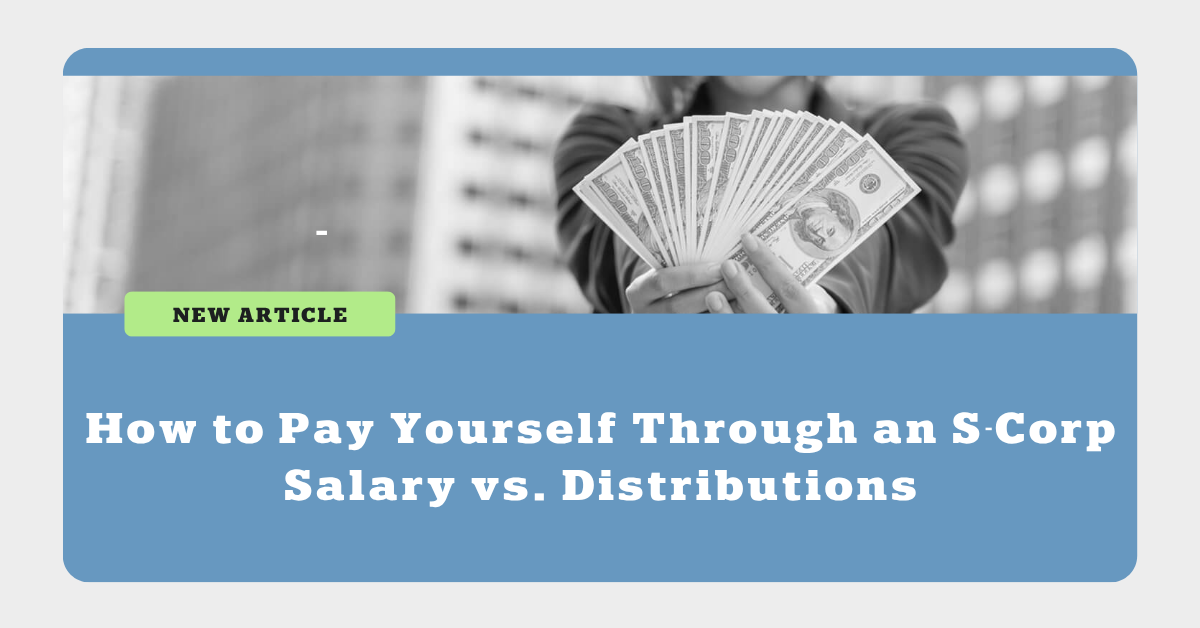
Once your business becomes an S-Corp, you cannot take money out the same way you did with a sole proprietorship or LLC. You now have two ways to pay yourself: salary and distributions.
The IRS requires S-Corp owners to pay themselves a reasonable salary. This means you become an employee of your own business and must run payroll. Salary is subject to both income tax and payroll taxes.
After paying yourself a salary, the leftover profit can be taken as a distribution. You still pay income tax, but distributions are not subject to payroll taxes. That difference is what creates the savings many business owners look for.
If you pay yourself too little in salary, the IRS may reclassify your distributions and charge penalties. If you pay yourself too much in salary, you lose out on the tax savings.
The best approach is to pay yourself a fair wage for the work you do and then take the rest as distributions.
Suppose your S-Corp makes $150,000 in profit. You decide to pay yourself a $70,000 salary, which reflects the market rate for your role. The other $80,000 can be distributed.
With this setup, you pay payroll taxes on $70,000 instead of the full $150,000. That difference keeps more money in your pocket.